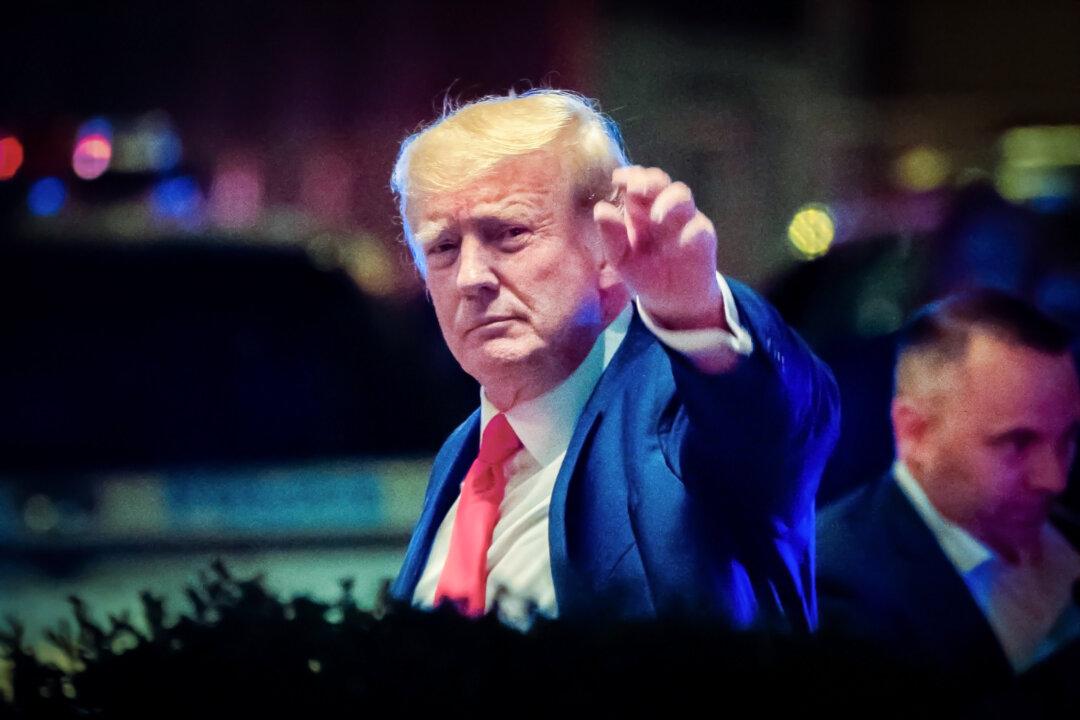A coalition of mainstream media outlets argued that the 2020 election trial against Republican presidential frontrunner Donald Trump should be televised live to bolster “public trust” and that the U.S. Constitution mandates it.
“Of all trials conducted throughout American history, this one needs the public trust that only a televised proceeding can foster. Because the Constitution allows—indeed requires—such access here, the Federal Rules cannot prohibit it,” the lawyers for media organizations including the New York Times, CNN, and The Associated Press wrote on Friday in a court filing.





